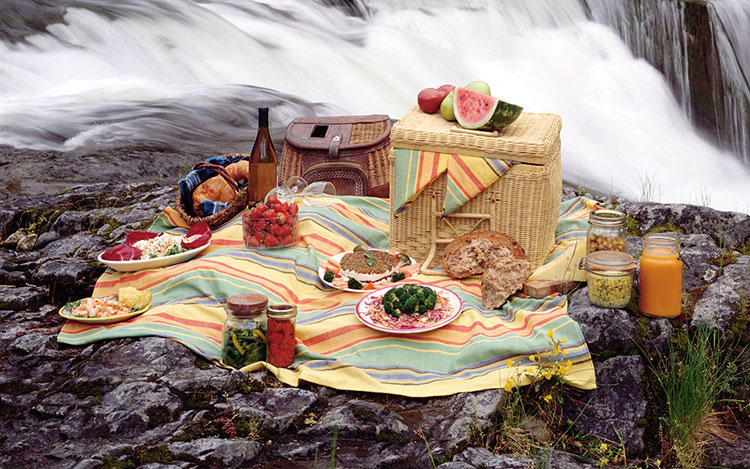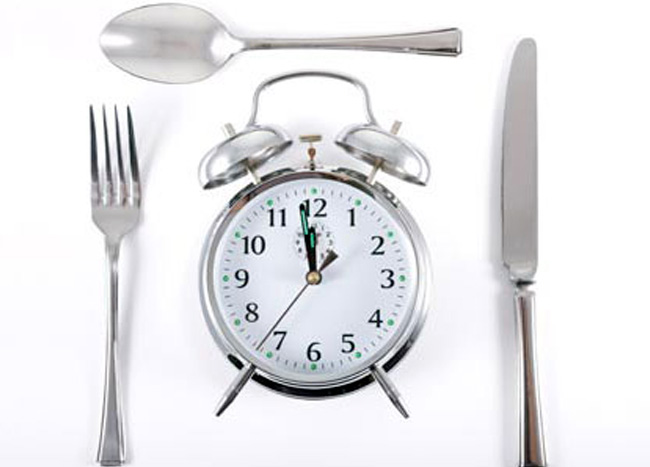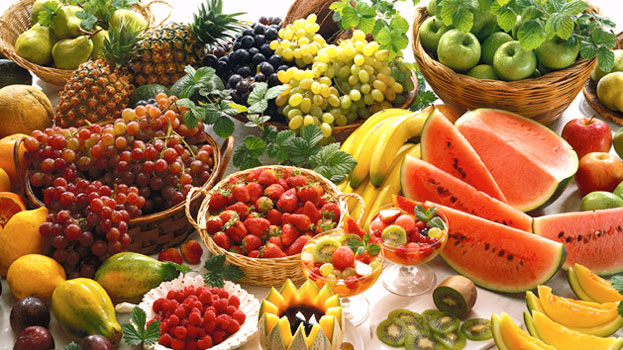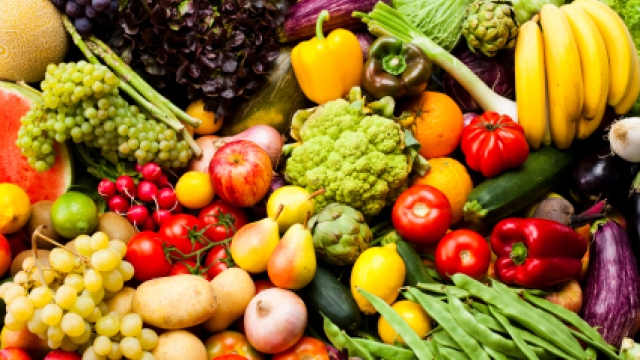10 Islamic Manners on the Dining Table (7)
 Manners of welcoming a faithful to one’s home
Manners of welcoming a faithful to one’s home
According to Imam Ja’far-e-Sadiq (a.s.), whenever a fellow Momin (faithful) visits one’s house, one should make him have food and if he refuses to have food then one should offer him something to drink and if he does not even accept that, then one should wash his hands with any scented water or just plain water.
Another tradition from the same Imam (a.s.) asserts that a person will be considered not worthy of reward who thinks his friends unworthy and is hesitant in offering towards his guests.
Another reliable tradition from the same Imam (a.s.) states that if a Momin (faithful) comes by himself to your place, then offer him whatever you have; but if you have called him, then take all the trouble over his visit.
According to a reliable tradition coming from Husham, he visited Imam Ja’far-e-Sadiq (a.s.) in the company of Ibne Abi Yafoor. When Hazrat ordered for breakfast (Chasht), Husham said that he would have only a little. The Imam (a.s.) said that perhaps Husham did not know that one could find out the depth of friendship between two Momins by the amount of food they take in each other’s company. The more friendly they are, the more they will eat in each other’s company. Many reliable traditions are always stressing this aspect.
According to the Holy Prophet (s.a.w.a.), inviting relatives, friends and neighbours for a dinner (Valeema) is Sunnat on five occasions – Marriage, Aqiqa (first shaving of the child’s head), Khatna (circumcision), when one has bought a new house or made a new house and lastly, when a visitor returns from travel.
However, the Holy Prophet (s.a.w.a.) has asked people not to accept an invitation for dinner where only the well off are invited and the poor excluded.
The Holy Prophet (s.a.w.a.) has also stated that one should not reside with host for such a long time that the host faces trouble in meeting with the expenses of the guest and is worried on account of it.
Ibne Yafoor states that once he saw a guest at Imam Ja’far-e-Sadiq (a.s.)’s place getting up for some work. The Imam (a.s.) stopped him and performed that job for him personally. He stated that the Holy Prophet (s.a.w.a.) has prohibited any work to be taken from the guest.
According to Imam Mohammed Baqir (a.s.), laziness and lack of manners also cause one’s failure to return the obligation someone has done for him. To take any work from a guest is lack of good behaviour and morals. Whenever a guest arrives one should welcome him by helping him in unpacking in a befitting manner; but when the guest is packing to leave, one should not help, as it is a sign of one’s selfish motive. One should provide the guest with most delicious food to have on his way, as it is a sign of one’s generosity and manliness.
Another tradition from the Holy Prophet (s.a.w.a.) states that the host should go at least as far as the door when the guest is leaving.
According to Imam Mohammed Baqir (a.s.), when a person visits a certain place, he should stay wherever the host thinks it suitable for him as the host knows the internal problems of his own home very well.
It is enumerated according to Holy Prophet (s.a.w.a.) that eight types of persons are worthy of being cursed:
- a) A person who joins the meal uninvited
- b) The guest who orders his host
- c) One who expects a good turn from one’s enemy
- d) One who hoards, is mean and stingy and still expects to be obliged by others
- e) One who interferes without permission when two people are having a talk or a secret
- f) One who does not give due respect to the king or those in authority
- g) One who sits in the company of those who are not worthy of it
- h) One who talks with a person who does not give due attention to his words.
Another tradition orders one to ask only those people to have food with whom one is friendly, just on account of God.
According to Imam Mohammed Baqir (a.s.), a person who gives food to a single fellow Momin with whom he is friendly for God’s sake, has done something which is better than providing food to the needy.
It is stated that when the Holy Prophet (s.a.w.a.) used to have food with guests, he used to start first and end later than all so that no guest may remain hungry.
Another tradition from the Holy Prophet (s.a.w.a.) states that if one offers drinking water to a group, one should drink last of all.
Another tradition states that if a man spends hundred Dirhams on food and if a Momin has the food with him, then he is not spending foolishly.
Most of the traditions assert that when a guest arrives, he brings his daily food requirements along with him by the grace of God, and when he has eaten his fill and gone back, it is a means of forgiveness for the host’s sins.
According to Hazrat Ali (a.s.), a person who feels happy at hearing the voice of his guest, has all his sins forgiven; though he may have filled the heaven and earth with his sins.






